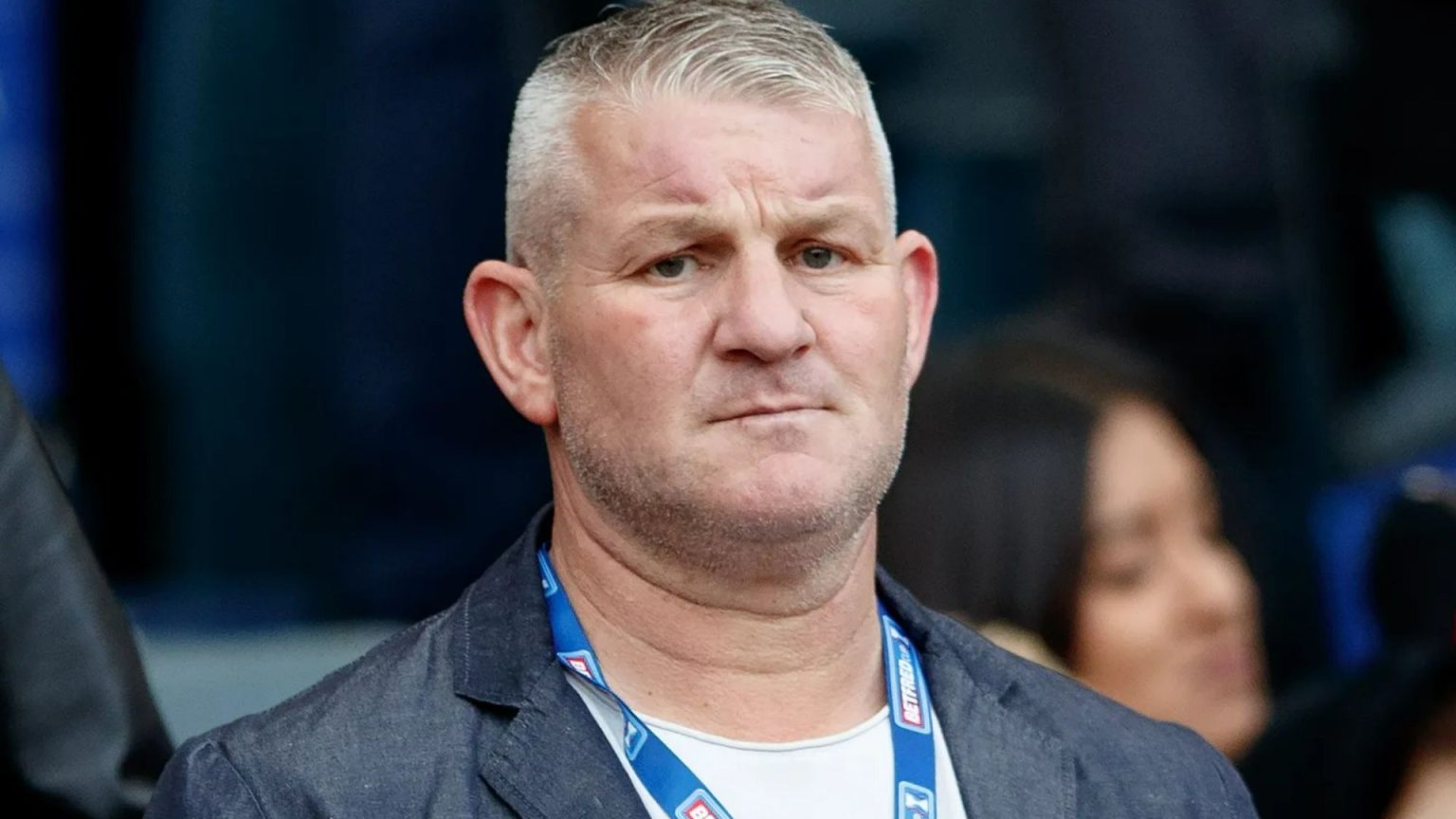Dean Windass, the Hull City legend who etched his name in footballing folklore with a stunning volley that propelled the Tigers into the Premier League in 2008, has been diagnosed with Stage 2 dementia at the age of 55. This revelation, shared by former Manchester United and Blackburn Rovers defender David May on BBC Breakfast, has sent shockwaves through the footballing community. Windass, who also plied his trade in the Premier League with Bradford City and Middlesbrough, enjoyed a long and distinguished career, culminating in that iconic moment at Wembley. However, this recent diagnosis casts a shadow over his achievements and raises concerns about the long-term health implications for former professional footballers.
May, who appeared on the BBC program alongside John Stiles, son of the late Nobby Stiles who also suffered from dementia, revealed Windass’s diagnosis with his permission. He expressed his concern for Windass, highlighting the anxieties surrounding the progression of the disease and the future care required. This announcement serves as a stark reminder of the potential health risks associated with heading the ball repeatedly, a common practice in football, particularly during earlier eras of the game. The conversation surrounding the link between heading and neurological issues in footballers has gained momentum in recent years, and Windass’s diagnosis adds further weight to the growing body of evidence.
The news of Windass’s diagnosis has sparked a flurry of reactions on social media. May reiterated on X (formerly Twitter) that he had obtained Windass’s explicit permission to share the news publicly. Windass retweeted May’s post, along with a message of support from a follower whose mother also suffered from dementia. He further shared a video of himself singing along to a song, emphasizing the importance of maintaining a positive attitude and helping others, demonstrating remarkable resilience in the face of this challenging diagnosis. His public acknowledgement of his condition and his willingness to share his experience are testament to his character and his desire to raise awareness about dementia.
The discussion surrounding Windass’s diagnosis inevitably raises questions about the support and care available to former players facing similar health battles. May voiced his concerns about the long-term financial implications of caring for those with dementia, highlighting the need for greater financial support from governing bodies like the PFA. He emphasized the urgency of addressing this issue, given the statistical probability of one in three footballers developing dementia. This call for action underscores the responsibility of footballing authorities to protect the well-being of former players who dedicated their lives to the sport.
The early signs of dementia can often be subtle and easily dismissed as normal age-related forgetfulness. Distinguishing between typical memory lapses and the onset of dementia can be challenging. While occasional forgetfulness is a common experience with aging, the inability to recall information or placing objects in illogical locations can be indicative of more serious cognitive decline. This distinction is crucial for early diagnosis and intervention, which can significantly impact the progression of the disease. Organizations like Alzheimer’s Research UK offer valuable resources and information to help individuals understand the difference between age-related memory changes and the symptoms of dementia.
The case of Dean Windass underscores the growing concern surrounding the long-term neurological health of professional footballers. His diagnosis, at a relatively young age, serves as a stark reminder of the potential risks associated with the sport and emphasizes the importance of ongoing research and support for those affected. As the footballing world grapples with the implications of this diagnosis, Windass’s bravery in sharing his story is a call for greater awareness, understanding, and support for those facing the challenges of dementia. His legacy now extends beyond the pitch, as he becomes a voice for those navigating the complexities of this debilitating disease.


